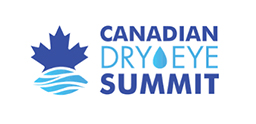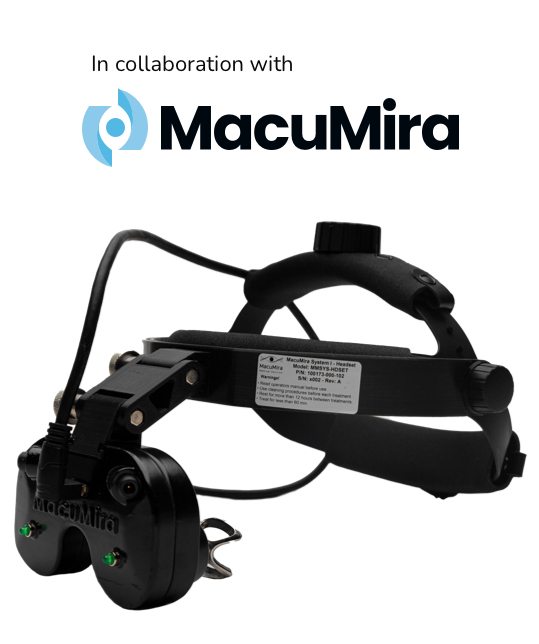Before we dive into specific keywords, it’s essential that there’s no one-size-fits-all approach to SEO.
Just like you wouldn’t recommend a treatment without fully understanding a patient’s symptoms, medical history, and lifestyle, we can’t recommend keywords without fully understanding your practice.
That said, some general best practices can help you understand why specific keywords are better and how to implement them on your website.
What Are Keywords?
First off, let’s go over what a keyword actually is. Keywords are what people type into search engines when they make a search. For example, if you typed “glasses trends” into Google, the keyword would be “glasses trends”.
Keywords aren’t necessarily just one word. In fact, most keywords you’ll want to target are multiple words. These are called long-tail keywords.
Long-tail keywords are better to target for 2 main reasons:
- They’re less competitive
- They give a better indication of user intent
If someone simply types “dry eye” into Google, you don’t really know what they’re searching for. Are they looking for a definition of dry eye? Dry eye symptoms? Dry eye treatments? There is no way to know.
Whereas if someone searches “dry eye treatment near me”, there’s a pretty high chance they’re looking for dry eye treatment in their area.

Keyword Considerations
It’s important to understand that the keywords you target will vary depending on a number of factors. In order to pick keywords that you have a realistic chance to rank for and actually want to rank for, consider the following.
Practice Age
First, consider the age of your practice. How old your practice is will probably be similar to how old your website is.
The younger your website, the less likely it is to rank for more competitive keywords. It probably also ranks for fewer keywords overall, as it takes time to gain rankings.
Location
Typically, the bigger the city you’re in, the harder it will be to rank. This is particularly true for keywords related to a location like “eye exam near me” or “optometrist Toronto”.
If you’re in a large city, you may need to focus on specific neighbourhoods or areas of your city, before going for the more competitive keywords that every other practice is fighting for. Ex: “eye exam downtown San Jose” vs “eye exam San Jose”.
Competitive Landscape
Similar to the size of your city, the competitive landscape will also play a large role in how easy it is to rank for certain keywords.
If the vast majority of your competitors invest in SEO and other forms of digital marketing, then it will be more difficult to rank for valuable keywords.
Target Patients
Next, consider your target patients. If your ideal patient is a 65-year-old with eye disease, then you shouldn’t be worrying about keywords like “children’s eye exam”.
Practice Goals
Similarly, your goals as a practice should also be reflected in your target keywords. If you really want to grow your dry eye practice, then focus on dry eye keywords rather than keywords related to glasses, contacts, or other services.

How to Create Your Target Keywords
Now that is out of the way, onto the keywords that will take your practice website to #1 on Google.
Keyword Formula
Because eye care is bound to a physical location, almost any keyword you target should be location-specific. For the most part, the keywords will be:
[target service] + [location]
For example, “vision therapy Atlanta”, where the service is “vision therapy” and the location is “Atlanta”.
High-Value Keywords
The most common, high-value keywords eye care practices will want to target are:
- [optometrist*] + [location]
- [eye doctor] + [location]
- [eye exam] + [location]
For example, “optometrist Cincinnati”.
*If you’re an optician or an ophthalmologist, replace optometrist with your title.
Of course, you probably have other services that you want to bring patients in for. But it’s important to remember that even if a patient is looking for dry eye treatment, they may search something like “eye doctor Brooklyn”, making this keyword crucial to rank for.
Niche Keywords
These keywords will vary depending on your practice, your target patient, and your practice goals. A few examples of niche keywords to target are:
- [dry eye treatment] + [location]
- [myopia control] + [location]
-
- [cataract treatment] + [location]
Niche targeting has become increasingly important. With AI-driven search results and voice assistants, patients often ask highly specific questions. Consider treatment specific keywords like “dry eye clinic in [location]” or “myopia management for kids near [location]”. This level of detail not only aligns with how people search today but also helps you stand out from generic results.
How to Implement These Keywords
Whichever keywords you choose, there are a few key places on your website where they should be featured:
- Homepage: Your homepage H1 (title) should include the keywords eye doctor/optometrist and your location. Ex: “ABC Eye Care: Optometrists Serving Calgary & Area”
- Service pages: Each service you offer should have its own page. That means eye exams, dry eye, myopia control, contact lens fittings, etc. should all be on separate pages. One page with all your services will make it almost impossible for your website to rank for keywords related to individual services.
- Meta titles and descriptions: Sometimes called page titles and page descriptions, these are what appear in the search results after you search something in Google. They don’t appear anywhere on your website, but they do play an important role, as people will be looking for keywords in the search results.
- Voice Search Optimization: Many patients now use smart speakers or mobile voice assistants. Optimize for natural, conversational queries like “Where can I get an eye exam on Saturday in [location]?”
- Local Map Pack SEO: Google Maps and the “local 3-pack” drive a huge portion of traffic. Make sure your Google Business Profile is fully optimized with services, updated hours, and treatment-specific keywords.
- SEO for optometrists requires ongoing updates. Google’s algorithm changes frequently, and practices that refresh their service pages with new keywords can see stronger results.
A (Key)Word of Caution
Before you get trigger-happy and flood your website with keywords, always remember quality over quantity. Search engines haven’t focused on the number of keywords since the 90s, so neither should you.
When it comes to keywords and SEO in general, focus on creating a website that contains valuable information and is easy for people to use, and the rankings will follow.
If you want to get your website to #1 in the search results, we’re here to help. Book a demo with Marketing4ECPs to learn more about how we can improve your SEO and drive more traffic to your website.
Google’s Helpful Content Update continues to reward practices that create clear, patient-focused pages. If your optometrist SEO strategy is only about keywords, you’ll fall behind. Instead, combine treatment-specific keywords with blogs, FAQs, and videos that actually answer patients’ most common questions.
































